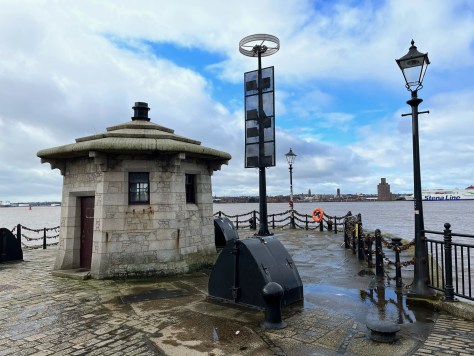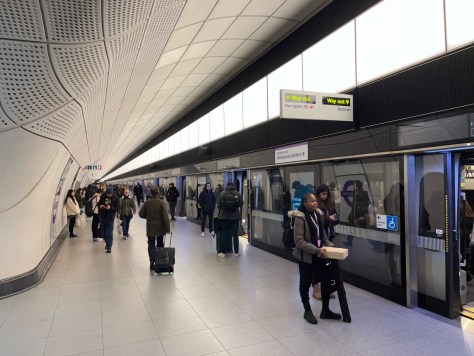
Monday I was in London at the Jisc offices in Fetter Lane. We had our Senior Education and Student Experience Group Meeting with 12 PVCs (including a VC and DVCs). As you might expect ChatGPT and AI was a hot topic of conversation in the meeting.

After the meeting I was heading up to London for the UCISA Leadership Conference in Liverpool.
I did some sketch notes while I was up there.

I did enjoy the conference, not sure if I enjoyed it as much as the previous year, but it was still an excellent conference. Various sessions got me thinking, and I am contemplating writing some of my thoughts up from the conference.
The equality, diversity, and inclusion sessions were interesting and useful. Why don’t universities try and be more flexible in their recruitment practices, for example how many offer term time only contracts (reduced hours) to attract working parents. Family friendly policies can widen the talent pool. Why are so many jobs 37.5 hrs 52 weeks? Also why is it so often that recruitment for an individual, rather than recruiting for the team. A more diverse team is often more effective.
Was a little disappointed that one of the opening sessions talked about digital natives. They don’t exist, never have.
Wondered if any university was looking at implementing a four day week?
This BBC news article reflects on the experiences of those involved in a four day week trial.
The scheme, organised by 4 Day Week Global, took place between June and December 2022, and involved organisations across the UK, including some non-profit organisations, as well as private firms in recruitment, software, and manufacturing. A report assessing its impact has found it had “extensive benefits” particularly for employees’ well-being.

I spent time reviewing the Connect More 2023 themes and topics with others across Jisc.
Started reflecting on possible ideas for ALT-C 2023 now that the call for papers is out. In 2021 I did a blog post about the digital lens, based on earlier work, so looking at possibly revisiting this.

Continued my researching AI in education. Have had early access to Bard, which looks very good.
Saw this on the Twitter – Fake Trump arrest photos trigger a new AI panic. The quality of AI images is getting better and better, and as you might expect, the images they are creating can be problematic.

Spent time writing and reviewing some ideas for next year, including looking at the rumoured Apple Reality Pro.

Final comment, often we know where we are, and where we want to be. The harder job is working out how to get there. What do we need to do to make it happen. How do we get there?
My top tweet this week was this one.


































